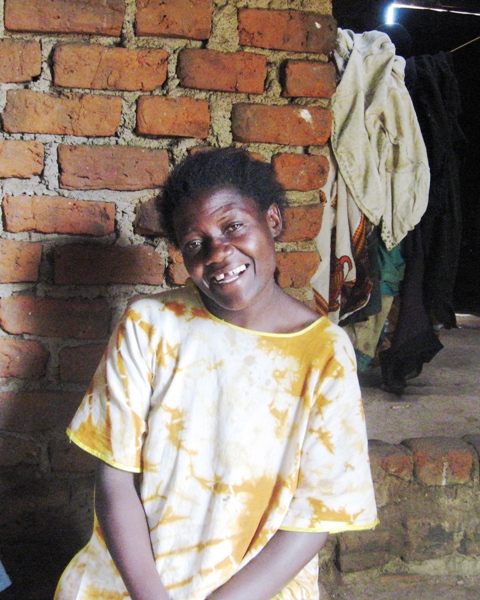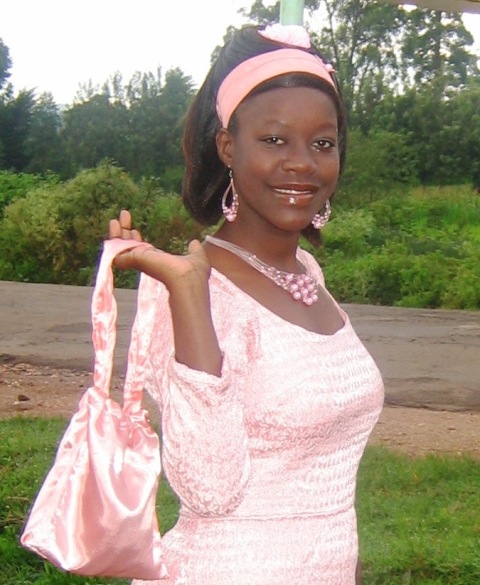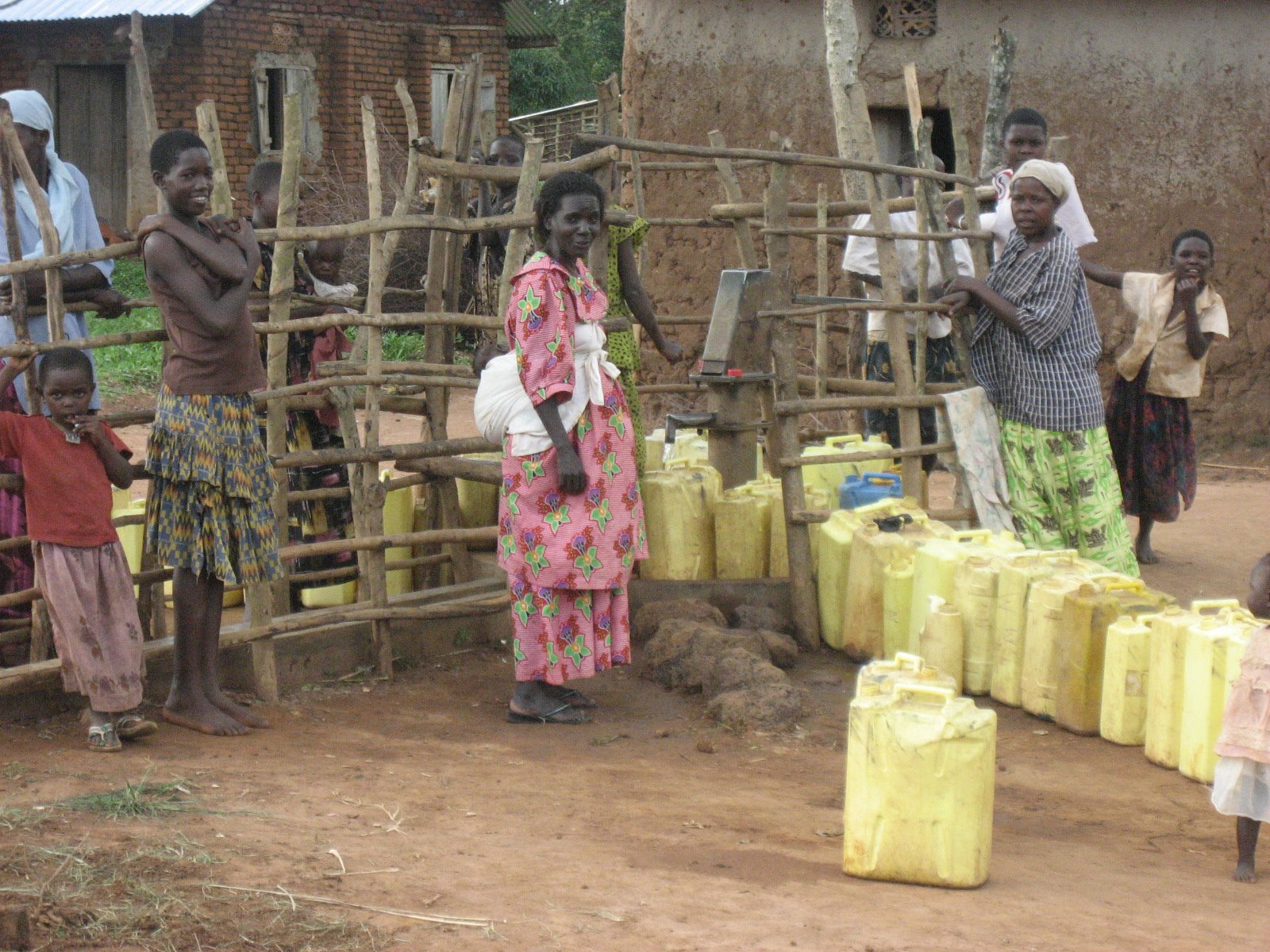
We are planning to put in a water well that will serve over 350 families. Your purchases and donations will help us make this happen!

We are planning to put in a water well that will serve over 350 families. Your purchases and donations will help us make this happen!
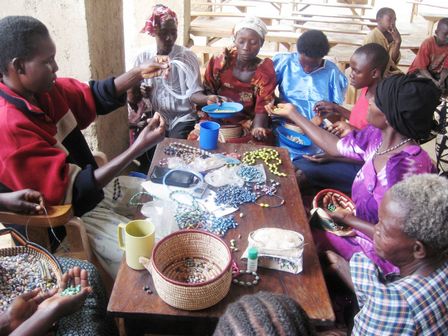

Mary Ann over at Calamity Acres wrote a blog post about Project Lydia’s display at a Tonganoxie craft fair.
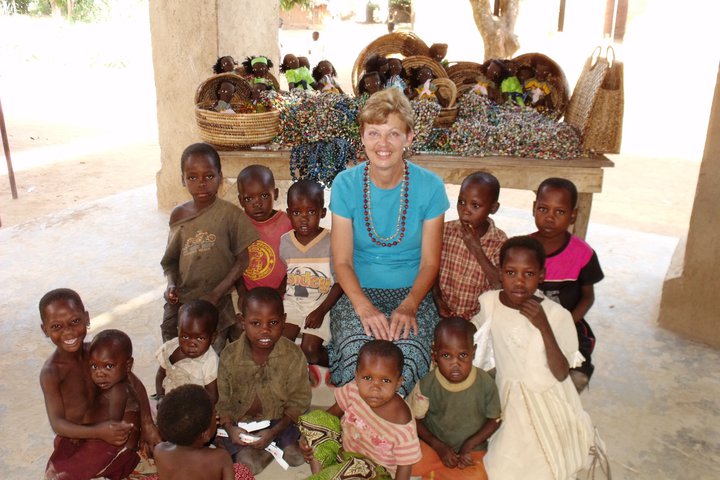
When I arrived in the remote village where the Project Lydia women live, I was overwhelmed and almost tackled by the greeting I received from 38 excited women. They were anxious to hear reports of how their work was being received in America. I told them of many of the places and homes that we set up their products, and how people just love what they are making. I told them that we had 3 newspaper articles written about us, that we had one television interview, and that we were in Shape magazine’s website. I told them how encouraged I was by the response and that we were nearly sold out of some styles of necklaces, and that now, we needed to get back to work. They cheered almost uncontrollably!
I asked the ladies how Project Lydia has helped them, and I listened to stories of hope. Some were now sending their children to school for the first time. Some are just relieved that they are able to feed their families some nourishing food. Some were helped with emergency medical attention, and some have increased the sizes of their gardens or bought a goat or a cow for milk for their children.
We in America have no idea of the impact you have on women and their children half a world away when you purchase a Project Lydia necklace or basket. Sometimes it’s a matter of life or death, when a Mother can now purchase life saving malaria medicine for her very sick child.
So I say a BIG Thank You to all of you who have supported these women and children through your Project Lydia purchases. It has truly restored hope, purpose, and dignity to many lives.
With Gratefulness,
Julie Pash, Founder
Project Lydia
PO Box 3321
Lawrence, Ks 66046
www.projectlydia.org
Remember Project in your year end donations. We accept charitable contributions under the IRS tax code of 501c3.
Project Lydia will have some new and exciting colors coming out for your spring purchases. You have requested bracelets!! Now Project Lydia women will be adding bracelets to their line of beautiful necklaces and earrings. Look for them in February and early March.
Pure and faultless religion…look after the widows and orphans in their distress. James 1:27
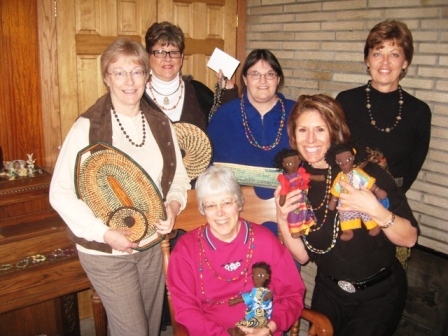
PROJECT LYDIA began in 2009 by missionaries, Cliff and Julie Pash and is an expansion of Advancing the Kingdom Ministries which serves Uganda, East Africa.
The project helps local widows and abandoned women overcome adversity and thrive in every area of their lives. PROJECT LYDIA teaches skills, provides a spiritual support system, and opens doors for the women to support their families. The women meet weekly to work on projects together which are sold around the world.
Projects include: recycled paper bead necklaces, baskets, and authentic Ugandan dolls with a story of a local woman of courage who also overcame adversity.
Many women lives have been transformed through PROJECT LYDIA as they gain resources to buy seed for their gardens, send their children to school, purchase medical care, and improve their housing.
PROJECT LYDIA addresses a critical need of many women around the world. Unfortunately, in developing countries many women are treated as possessions and children and wives are often left destitute and betrayed when the husband finds a new, younger wife. The Pash’s heart broke for the women and thus began PROJECT LYDIA.
Cliff and Julie Pash never had dreams of becoming missionaries or of going to Africa. The Pash’s owned a thriving business and enjoyed great success.
Life took quite a turn for the Pash’s and at the age of fifty, they answered a call God put in our hearts to serve in Uganda. The Pash’s gave away much of their earthly possessions and set out for a journey in East Africa to serve a network of Muslim villages with no electricity or running tap water.
The Pash’s were transformed as they saw the almighty God, creator of the universe at work, using them to change hearts and lives for His purposes. Thank you for being a part of PROJECT LYDIA.
Authentic Ugandan Dolls, Beaded Necklaces and Handmade Baskets are produced by the Ladies of Nawansega, most of whom are widows and abandoned wives.
Each Monday, these ladies gather to encourage each other, share with each other, pray for each other. They spend their day producing these products, some of which is sold in the United States through ATK International, Inc.
The small incomes alleviate the worst of the poverty and helps assist with school fees, clothing and food.

Thought we’d share some photos of women in the village making beads for the necklaces. The beads are made from recycled paper which is cut into long strips and individually rolled. Enjoy!
[simpleviewer gallery_id=”1″]

Project Lydia handmade dolls are crafted by women in remote villages in Uganda. The dolls are cloth with hand sewn faces and yarn hair, and are dressed in traditional “Gomez” style. The dolls featured depict a real African woman of incredible courage who have overcome much adversity in her life. Each unique, beautiful doll has a short story about her life to raise awareness of the plight of many African women. Collect all three of the dolls and share their stories with you family and friends. All proceeds go back into missions and community development projects in Uganda.
